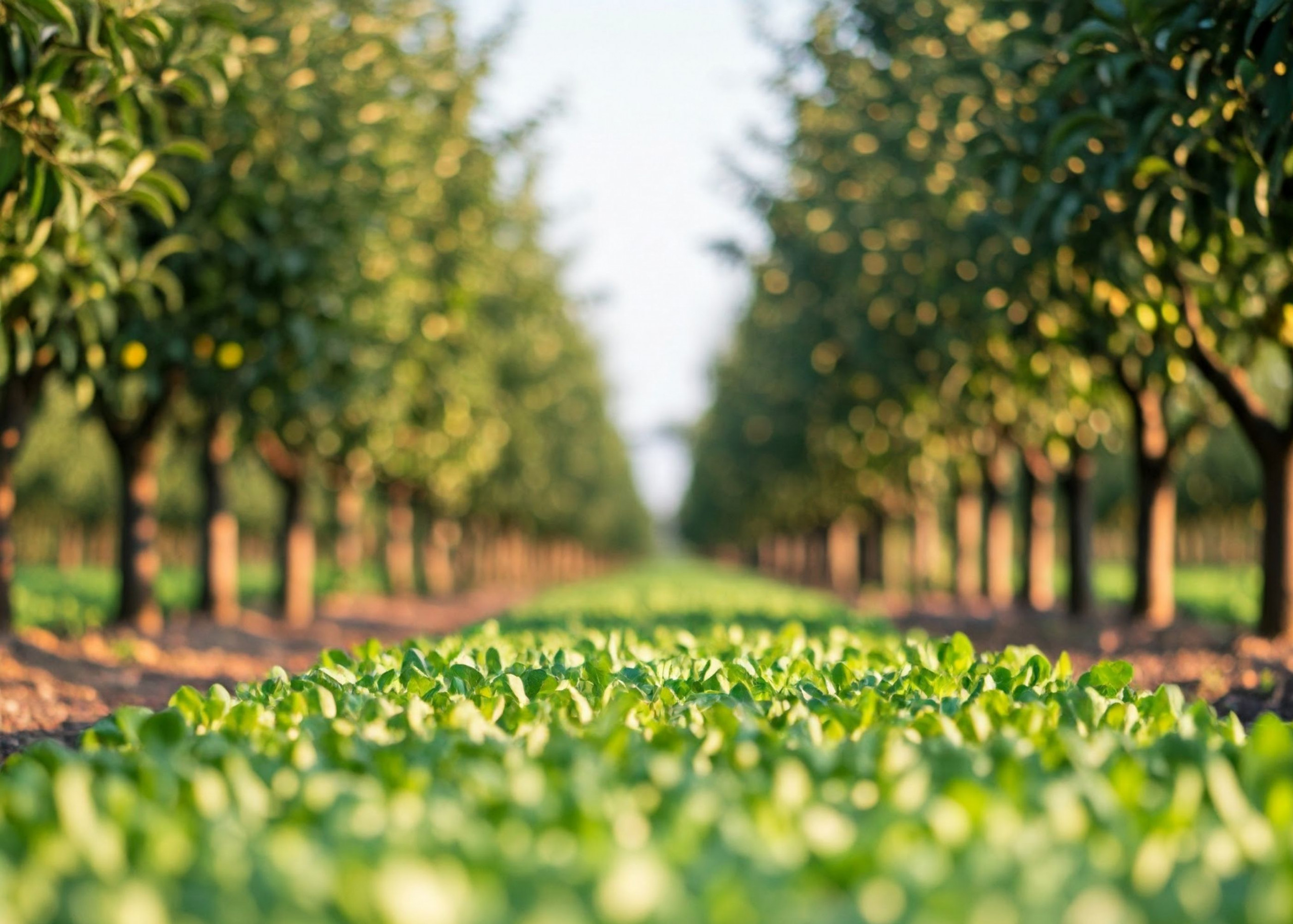Agroforestry is rapidly gaining attention in Nigeria, delivering a sustainable solution to many agricultural and environmental challenges. Combining planting trees with traditional crop farming and livestock rearing, this sustainable practice presents a unique solution to food insecurity, environmental degradation, and climate change.
Young Nigerians, especially those passionate about the ecosystem, are beginning to realise its benefits as they seek innovative ways to farm in the face of increasing challenges. But why is agroforestry such a powerful technique, and what makes it so significant to Nigerian agriculture?
In simple terms, agroforestry integrates trees into farming systems. These trees play a vital role, acting as natural barriers that prevent soil erosion, retaining soil moisture, and enriching the soil with nutrients. Additionally, trees offer alternative income sources through timber, fruits, and medicinal leaves sales. This can create an all-year farming cycle, allowing farmers to produce crops even in the dry season and maintain consistent food production.
For young Nigerian farmers eager to make their mark in agriculture, agroforestry offers more than simply sustainability. It provides additional profitability.
A conversation with an agroforestry advocate
In an insightful interview, an agronomist and advocate for agroforestry shared his experiences and thoughts on the practice.
When Solomon Salifu, a farm supervisor, looks at a field of crops, he doesn’t just see rows of maize or beans. To him, a farm is not merely a patch of land for crops, but a complex ecosystem where trees, plants, and animals can live in harmony.
Growing up in a small rural community in Kogi state, like many other families, his parents practised farming. Although his father was a retired policeman and his mum was a senior midwife, they still cultivated cashews, cassava, and beans among other crops.
However, Solomon wasn’t satisfied with merely the traditional way of growing crops. He was keenly interested in agriculture and wanted to farm on a larger scale after inheriting the family farmland.
Also, he witnessed every season’s struggles; sometimes, there was drought, poor soil, and low yields. Watching these natural phenomena unfold, young Solomon became determined to find better ways to farm, to protect the land that had supported his family for generations. This curiosity led him to study sustainable agriculture and soil science, where he was first introduced to the concept of sustainable farming and later, agroforestry.
Overcoming challenges in his career: breaking into the industry
Solomon struggled to break into the agricultural industry after completing his studies at Kogi State University. Without ‘connections’ or job experience, his dream of becoming an agronomist seemed distant.
“Networking was one of the biggest challenges I faced,” he explains. “I had no one to guide me.” He began his career teaching agriculture at a secondary school, but his heart was always set on practising what he had learned.
His major break came when he landed a job as an agronomist at Obojiga Farm. He said that he learned a lot from his senior colleagues and eventually joined the Agricultural Society of Nigeria (ASN). At Obojiga, his first project was the cultivation of a five-acre bean farm. He then went on to cultivate over 30 acres of oil palm, sesame, groundnuts, and cashew before moving on to Ikebe Farms, another agriculture production company.
Embracing agroforestry at Xtreme Returns Farm
Fast forward to today, Solomon is a farm supervisor at Xtreme Returns Farm Ltd., where he gets to apply his agroforestry knowledge for sustainable farming practices. His farm management approach goes beyond just planting crops—it’s about creating a system that works with nature, not against it.
“Agroforestry isn’t just planting trees. It’s about creating a balance where the trees, crops, and livestock all benefit from each other,” he explains. “The trees protect the soil, the crops feed off the nutrients, and the animals benefit from the shade and forage. It’s a cycle that sustains itself.”
At Xtreme Returns Farm, Solomon oversees the integration of trees such as neem and moringa alongside food crops like cassava, maize, and vegetables. The result? Not only do the trees enrich the soil with nutrients, but they also act as windbreakers, reduce water loss, and offer additional income through the sale of fruits and timber.
“We’ve seen significant improvement in soil health and crop yields since adopting agroforestry. The trees protect the land, and in return, the land gives us better harvests,” Solomon says with a sense of pride.
Changing the narrative for Nigerian youths
Solomon believes agroforestry has the potential to change how Nigerian youths view farming. Traditionally seen as hard labour with low returns, he wants them to see it as a viable, profitable career path. Solomon actively mentors young farmers, sharing the benefits of agroforestry with them. “Farming is not just about hard work; it’s about smart work,” he says. “Agroforestry allows you to farm smarter by maximising the potential of the land in a sustainable way.”
His mentorship extends beyond technical farming skills. Solomon is also passionate about showing young Nigerians how they can be part of the solution to Nigeria’s food security challenges while making a living for themselves. “Our youth are the future of agriculture. If they learn how to farm smarter, they can lead the way in making Nigeria food secure and protecting our environment.”
Solomon intends to acquire a Masters degree in crop genetics and breeding soon. This will enable his research on the development of genetically modified crops. He also intends to establish his farm.
Farming for both people and the planet
For Solomon, agroforestry is more than a farming technique—it’s a philosophy. His vision for Nigerian agriculture is one where farmers are stewards of the land, producing food in a way that nourishes both the people and the planet.
“Farming is about survival, but it’s also about responsibility. We can’t keep taking from the land without giving back. Agroforestry allows us to do both—to feed our families and protect the environment for future generations,” Solomon reflects.
Solomon’s work continues as he expands agroforestry projects and mentors the next generation of farmers. His dream? To see more Nigerian farmers embrace agroforestry and transform the way farming is done. “The land will always give back if you treat it right. Agroforestry is my way of giving back to the land that has sustained us for generations,” he said.



